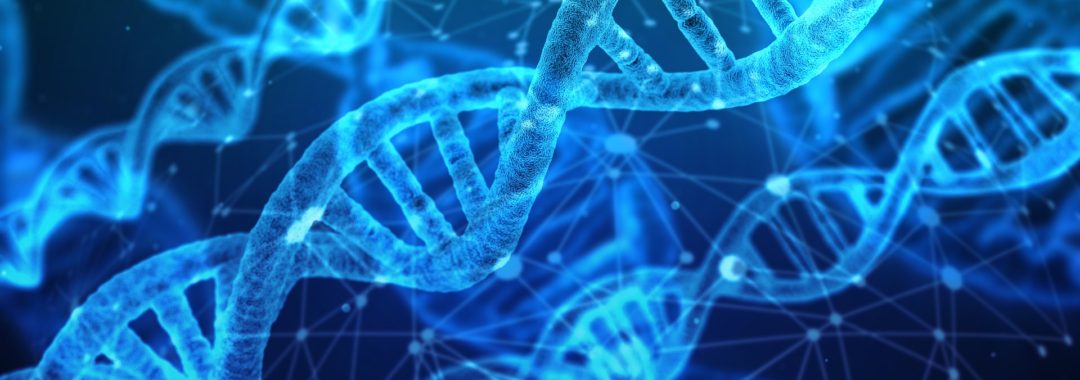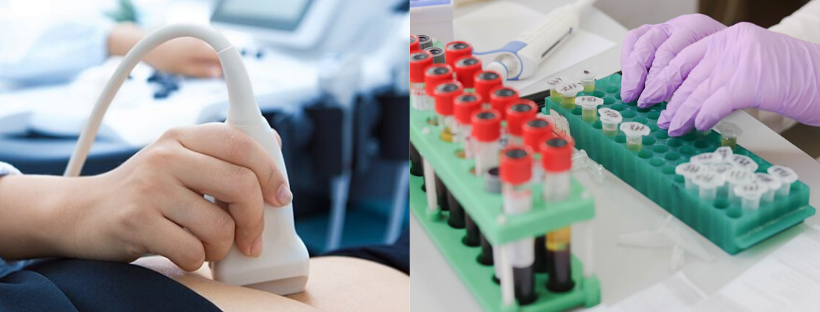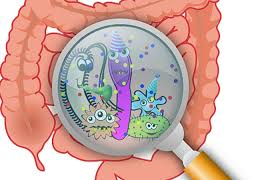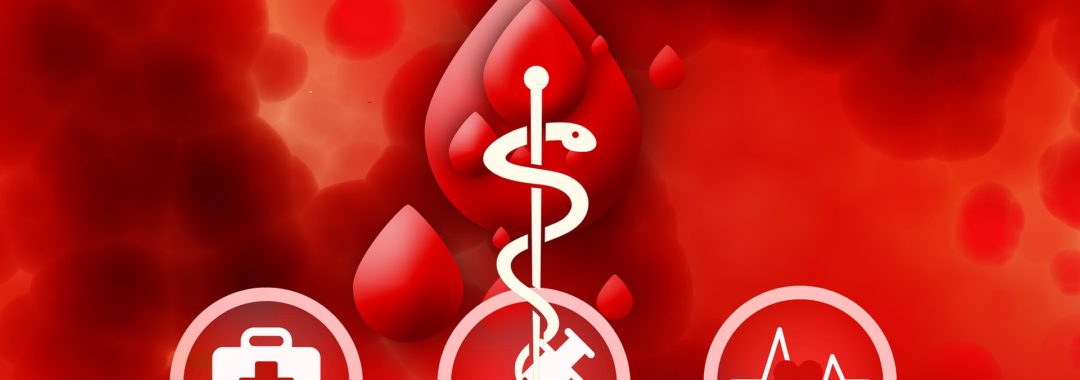Part of my job as a healthcare practitioner with a special interest in and reproductive conditions, and women’s and men’s health conditions, is to talk about sex, talk about climax and the benefits of this for a couple, or an individual.
Regular sex, or regular climax, can help have many benefits for an individual, with it helping everything from menstrual pain, right through to increasing pregnancy rates, regulation of the menstrual cycle and even helping moods, sleep and helping your live longer
Here are 17 reasons why you should be having regular climax, or regular sex and many of the health benefits that go with it.
1.It’s Exercise
It’s not necessarily a full workout, but it can be as good for you as moderate exercise. It raises your heart rate about the same as a brisk walk or a slow bike ride.
2.Good for a Woman’s Heart
Women who have sex a couple of times a week are less likely to get heart disease than those who have it once a month. Whether that’s because healthier women enjoy it more often, or because it helps protect a woman’s heart is unclear.
3.May Help Your Headache
Say goodbye to the old standby “Not tonight, Dear. I have a headache.” It turns out sex can help with pain, and that includes some kinds of headaches, such as migraines. Not feeling frisky? Try: “Not tonight, Honey. I have a highly contagious stomach bug.” Works every time.
4.Lowers Stress
People who have more sex are less anxious when they’re faced with stressful tasks like public speaking or arithmetic. But according to the study, it only works when you have a partner — masturbation doesn’t count.
5.You May Live Longer
One study suggested that married women who climaxed more often had a slight tendency to live longer. Researchers aren’t sure if the sex actually lengthens your life or it’s just a side effect of a healthy lifestyle. But why take any chances?
6.Sharpens Your Mind
Sex has been linked to the making of new brain cells, and that’s a good thing. People over 50 who had more sex were better able to recall numbers and do basic math, and the difference was pretty big. It seemed to help men more than women, but both did better than those who had less sex.
7.Makes You Happy
You don’t have to overdo it — once a week is plenty. More than that, and the effect fades. But scientists only studied couples in committed relationships, so if you’re trying to meet your quota by picking up strangers at your local bar, all bets are off.
8.Bonds You to Your Partner
The hormone oxytocin is released during sex, and it sparks feelings of intimacy, affection, and closeness with your partner. That helps build a strong, stable relationship, which is good for everyone.
9.Keeps You Lean
The more sex you have, the slimmer you’re likely to be. Is that because more sex keeps you trim? Or because lean people have more sex? Scientists don’t really know, but all you need is a partner and a bathroom scale to try to find out.
10.Good for Mental Health
Adults in committed relationships who have more sex are less likely to be depressed or take medication for mental health issues. Orgasm also helps with the release of beneficial hormones such as oxytocin and these help us feel euphoric and also help with other endorphins in the body. These then make us feel better emotionally.
11.May Help Your Immune System
Move over, vitamin C. College students who had sex twice a week had more cold-fighting antibodies in their saliva than those who had sex less often. Couples who have regular sex have healthier immune systems and tend to be healthier overall.
12.Helps You Sleep
Orgasm triggers a surge of endorphins and oxytocin in both men and women, and that dulls pain and relaxes you. Both of those can help you sleep more easily, though according to scientists — and many women — the effect is more pronounced in men.
13.Lowers Risk of Cancer
Men who have more sex may be less likely to get prostate cancer, and women less likely to get breast cancer. Pregnancy and contact with sperm are both linked to the lower risk in women.
14.You Could Make a Baby
If you’re trying to have a baby, the more sex you have, the more likely you are to hit the right time of the month. But more sex may also prime women for pregnancy and improve sperm quality in men, which can speed things along. An egg has but 24 hours to be fertilized otherwise it dies. We also know that ovulation does not occur just mid-cycle either. Couples doing IVF also need to have regular sex as climax helps with implantation (by hormones and increased blood supply into the lining) and sperm also assist in helping with implantation as well. Many couples stop having sex during IVF and this is where they are going wrong.
15.It helps regulate your menstrual cycle
Regular climax nourishes the uterine and vagina with blood flow, but it also stimulates hormones, which help to also nourish the uterus, vagina and reproductive organs. Oxytocin helps with moods but it also helps with keeping your cycle regular. Research has also shown that sperm actually help to trigger ovulation.
16.Climax helps with Gynaecological issues and menstrual pain
Regular climax (not just sex with penetration) helps with increasing blood flow into the pelvic cavity, the uterine lining, vagina and surrounding areas which helps to keep your reproductive organs and muscles healthy. Hormones and increased blood flow also help with pain and circulation too. Climax helps with the microcirculation of the reproductive organs and also helps with keeping ovarian function regular and healthy too. As said before regular climax can help trigger ovulation, keep the cycle regular, but sperm can also help with this also. We do know that some women with endometriosis and adenomyosis do have pain with penetrative sex, but climax does not necessarily need for penetration to happen.
NB- If you do have pain with intercourse, please make sure you get investigated properly as there are treatments and management to help this.
17.Helps Your Future Health and is Anti-Aging.
People who have more sex may have better quality of life — and not just now, but in the future, too. If you have an active sex life in middle age, you’re more likely to keep it up as you get older, which is linked to better health and happiness. Regular sex and climax is also anti-aging.
Final Word
Please remember that sex and regular climax has more benefits to it that the actual enjoyment part of it. It helps with intimacy, helps bring couples closer together and it helps with many other health benefits in the body. In practice I am seeing a huge disconnect with both men and women and their reproductive organs and this is why we are seeing so many issues with gynaecological conditions, couples not being able to conceive, relationships issues and issues with peoples health and lifestyles.
In a healthy relationship, couples should be having sex at least 1-3 times per week and if you are trying to have a baby, you should be having sex everyday and be going for it multiple times per day to increase your chances of conception. Maybe it’s time to turn off the TV, close the computer, turn off the mobile phone and spend more time in the bedroom with your own lives, then watching someone else’s. You will be healthier and happier for it in the long run.
If you do want to find out more about my fertility program, or how I may be able to assist you with a women’s health condition, please call my friendly staff and they will explain everything to you.
Take care
Regards
Andrew Orr
-Women’s and Men’s Health Advocate
-No Stone Left Unturned









